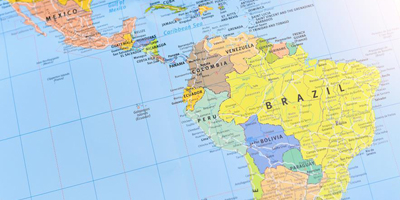Hispano-American Brain Bank
Why Latin America

The lack of brain tissue from patients with neurodevelopmental conditions is a critical shortcoming for research in America and the rest of the world. Most brain banks are in regions largely composed of individuals with predominantly Western European heritage. Accordingly, most of the brain tissue housed at brain banks in the US and around the world, including autism cases, come from Caucasian donors. Latin America encompasses 20 countries with 630 million inhabitants. Most Latin Americans share a common language and ethnicity with complex genetic admixture arising from divergent population ancestries including Native Americans, Caucasians, and Africans. Therefore, Latin America offers a great number of potential donors and a broad representation of these backgrounds. Political, cultural, and economic barriers may have limited international brain-banking collaborations in the past. CENE benefits from the expertise of already established brain banks for neurodevelopmental conditions in California and neurodegeneration in Mexico and extended networks of established professionals across nodes. This makes CENE a very valuable tool to move research on autism to a more pluralistic and inclusive scenario. CENE aids ongoing research on autism around the world and also promotes new research projects in laboratories specialized in autism in Hispano-American countries and elsewhere. It also increases awareness on the topic, boosts and diversifies the number of brains available for research, and helps educate young scientists in autism and other neurodevelopmental conditions.

